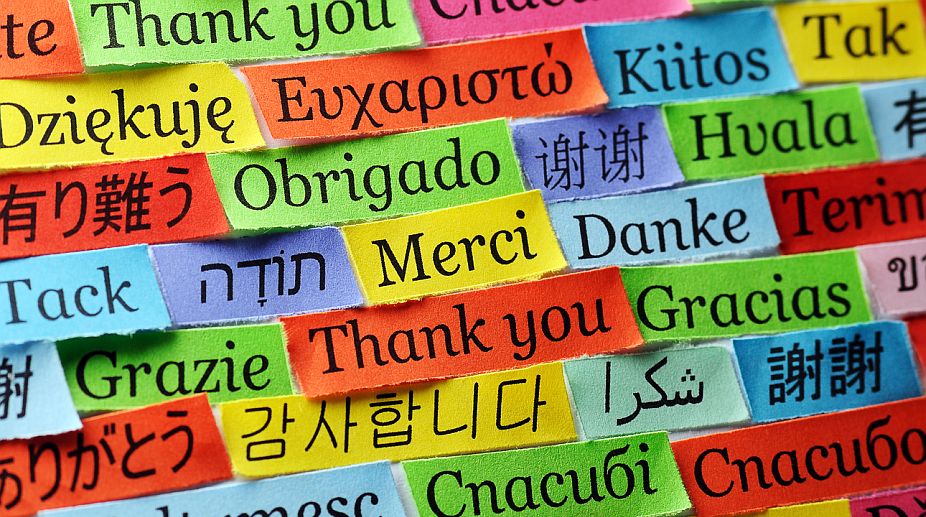West Bengal on Tuesday observed International Mother Language Day paying homage to those who laid down their lives for the cause of the Bengali language in Bangladesh in 1952.
Chief Minister Mamata Banerjee took to Twitter in Bengali, stressing the importance of each and every language.
Advertisement
"Every language is equal. The mother tongue should be the medium to express one's views. My respect to the martyrs," she said.
In her homage, Banerjee highlighted the song "Ekusher Gaan" which is popularly known for its opening line "Amar bhaiyer rakte ranga Ekushe February, aami ki bhulite pari" (How can I forget February 21, it is soaked in the blood of my brethren), that was composed in memory of the martyrs of the language movement.
The day began with 'prabhat pheri' (morning march) as employees of the Bangladesh Deputy High Commission went round the Park Circus area singing the iconic song written by Bangladeshi-born British writer Abdul Gaffar Choudhury.
Schools across the city took out rallies and several showcased marching band parades.
Local television channels and radio stations aired special programmes on the occasion, recollecting the history associated with the momentous struggle.
In 1948, Pakistan declared that only Urdu would be the official language for both West and East Pakistan. The people of East Pakistan, now Bangladesh, whose main language is Bengali, protested the declaration.
On February 21, 1952, students and political activists took out a procession protesting against Urdu being made the sole official language.
The police opened fire, killing several protesters. This led to the protest spreading over all of East Pakistan, and finally the Pakistan government had to give equal status to Bengali.
Since then, the day is celebrated as the 'Language Martyrs' Day'.
In 1999, Unesco declared February 21 as International Mother Language Day, a day intended to promote free language choice everywhere in the world.











